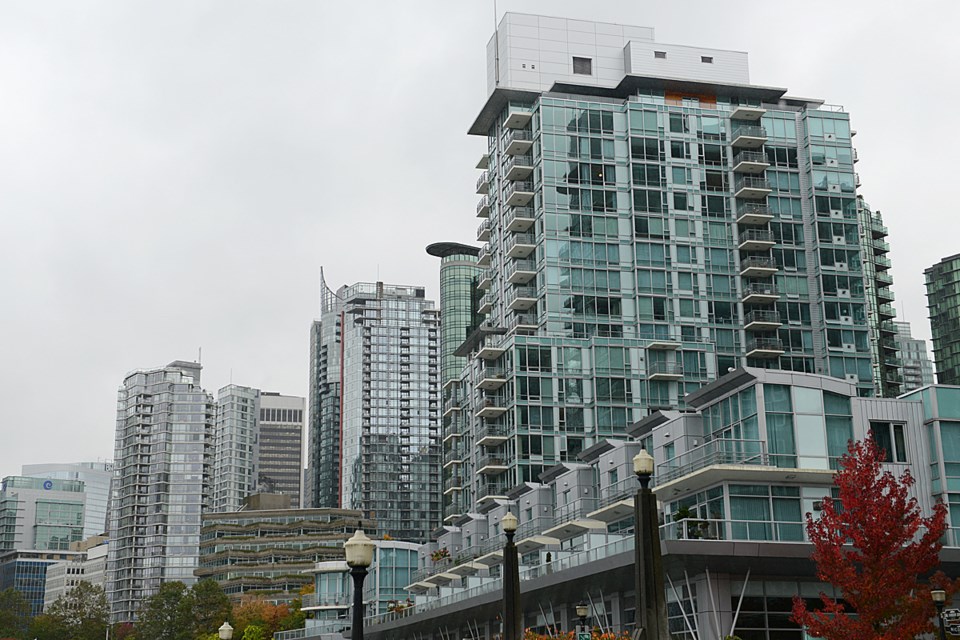While most of the coverage around the housing crisis has been centred on owners of occupied homes, an equally disturbing dilemma is facing renters.
They, after all, are the majority of folks who live in Vancouver. So, at the risk of being glib, renters’ lives do matter. Although given the circumstances they face, you wouldn’t think so. If the relationship between an individual’s income and the cost of home ownership is off the charts, well, it has gotten that way for the cost of renting too.
In this city, renters face a vacancy rate that has recently dropped from .6 per cent to .4 per cent. Housing is in such high demand, there are actually bidding wars by desperate tenants.
It should not surprise you that some landlords are willing to take advantage of the situation, ignoring legislated regulation on annual rent increases (two per cent plus inflation) knowing that if this tenant won’t pay the extra freight, there will be a lineup of desperate people right behind them who will.
The principle tool for putting this unscrupulous squeeze on renters is called a “fixed-term tenancy agreement.” It is covered by the provincial Residential Tenancy Act. The minister responsible is Rich Coleman.
The Vancouver Tenants Resource and Advisory Centre, which provides legal advice to tenants, refers to this as a “loophole” in the law, one that allows landlords takes advantage of tenants.
It is an agreement signed by both landlord and tenant and can have a couple of different provisions. It can make it clear that at the end of the term, usually one year, the tenant will vacate. Or, failing that provision, the rental agreement will roll over to a month-by-month deal. At year’s end, the landlord is able to raise the rent by the legally allowable amount. But that is not always the case.
Too often in this extremely tight rental market, the landlord, at the end of a fixed term agreement, ignores the legal rent increase limit, jacks up the rent beyond that limit and insists on a new fixed-term agreement, making it a “new” tenancy. Under a new tenancy, a landlord can set whatever rent they want.
We do not know how often this is happening, although based on complaints coming to NDP MLA Spencer Chandra Herbert from Vancouver-West End, where more than 80 per cent of his constituents are tenants, the number of incidents of abuse are increasing: “Until a couple of years ago,” he told me, “I never heard about these agreements.”
Of course, the tenant can always phone the Residential Tenancy Branch of the government and complain. I actually phoned them this week to hear: “Due to the high call volume we are unable to take your call at this time.”
A recent report in the Globe and Mail on the increasing squeeze Vancouver renters find themselves under for a variety for reasons, noted that the “majority of renters’ complaints are directed to a phone line where records show the average wait time is 34 minutes.” They also point out that, no surprise, about one third of callers simply give up.
Chandra Herbert says he raised the issue of potential abuse under these fixed-term agreements during estimates for Coleman’s budget in the legislature this past spring and Coleman “just brushed it aside.”
The impact of these agreements is much further reaching and easier to fix than either empty condos that could be rented out or rental properties now serviced by Airbnb and the like.
An amendment to the Residential Tenancy Act could be put through as early as next week when the legislature meets to deal with a couple of other real estate issues.
But wait: A story in Business in Vancouver two weeks ago pointed out the new Aquilini Tower adjacent to B.C. Place Stadium is demanding one-year fixed-term agreements for all of its tenants, agreements BIV points out “that allow landlords to raise rents above provincial cap, [and] evict tenants more easily.”
This is not to suggest that the Aquilinis have this in mind. But I have to wonder whether Coleman’s reticence to close this loophole is related to the fact that the Aquilinis, in their many corporate configurations, are major donors to the B.C. Liberal Party.
@allengarr



